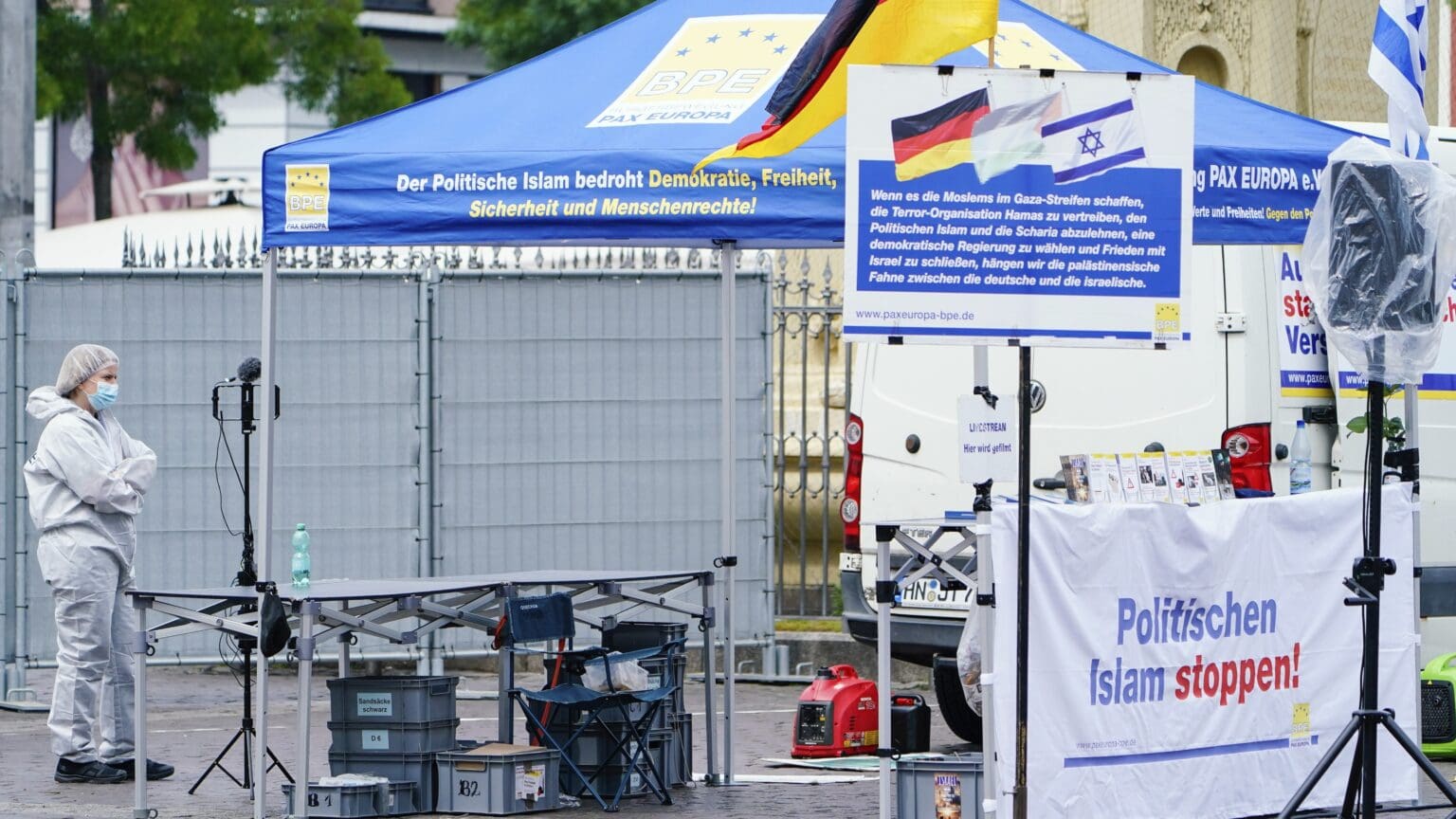
‘Just as it was with both the early community of Islamic believers and the later caliphate-state, the goal is universal governance according to the norms of the sharia. However, jihad (or holy war)is now camouflaged under soft law—rules that are neither strictly binding nor completely lacking in legal significance but nevertheless incorporate some sort of expectation of legal relevance.’
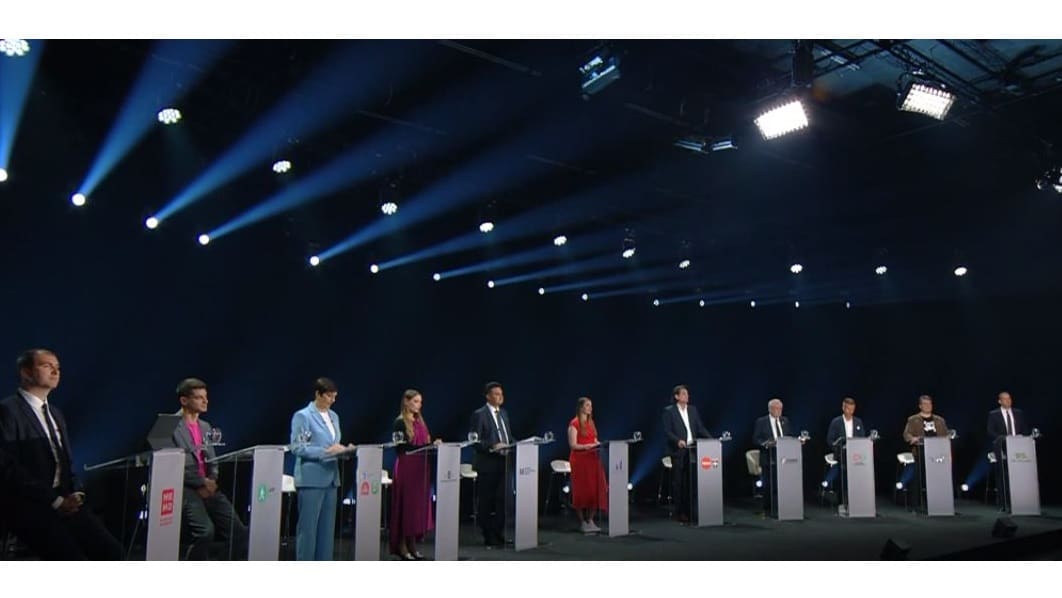
‘It does have some positive effect to see political opponents act so civilly with each other. However, it also subtracted from the entertainment value of the debate; and the performances were less persuasive as well, less likely to have enough impact to change somebody’s vote.’

‘“Today marks a new chapter for Poland,” Ursula von der Leyen claimed in early May when announcing the European Commission’s decision to withdraw its case against Poland in the Article 7 procedure it had launched in 2017. I would add to that: “Today marks a final warning for all conservatives in the EU.”’
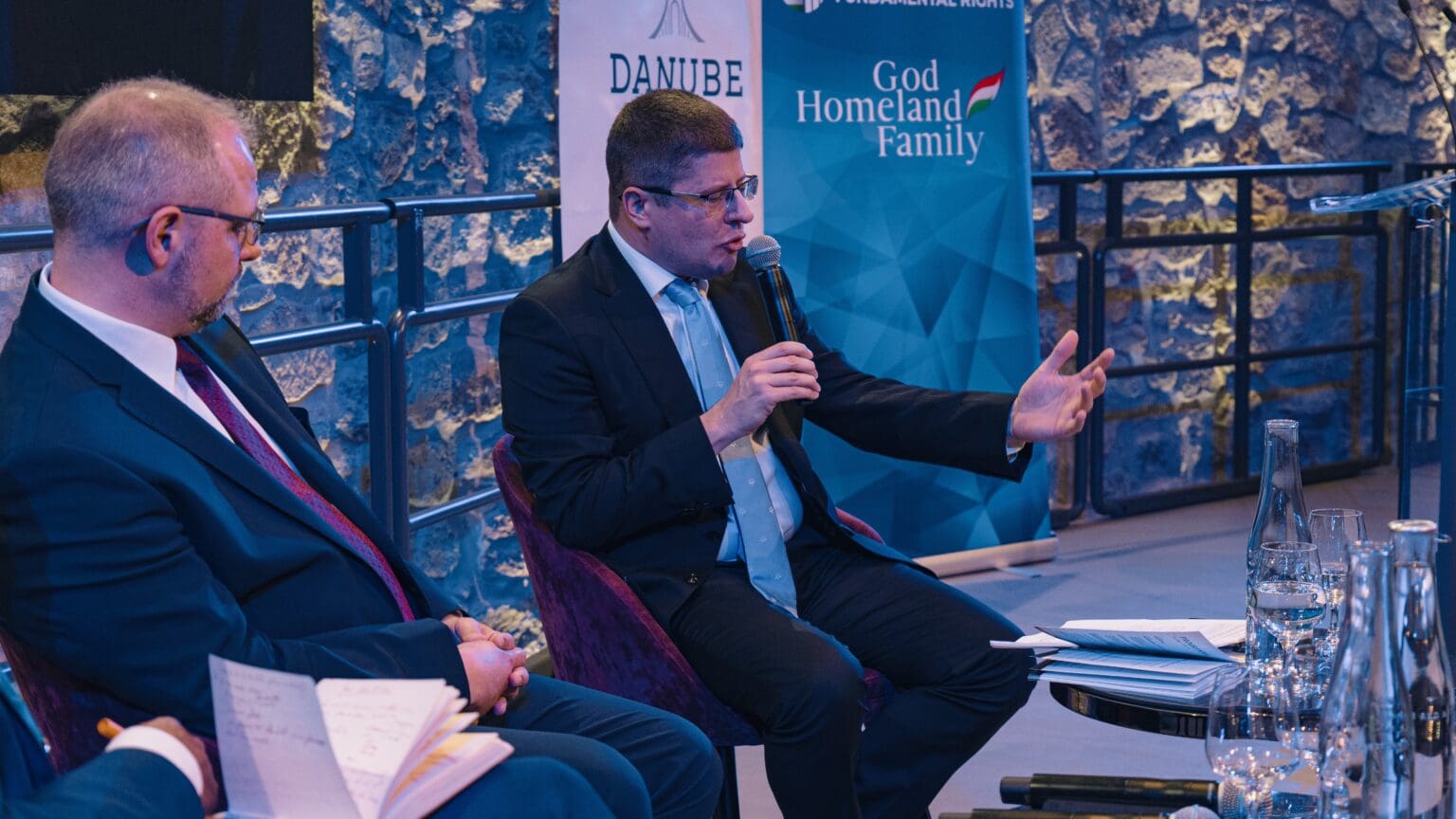
‘If we treat the deepening understanding of the common value of Rule of Law as we would the space race, with definite winners and losers, then we degrade it. There can be no winners and losers here, really, as every state is a winner and a loser simultaneously in their daily battles on the frontlines of the Rule of Law. Some of these battles are acute, some try to tackle chronic symptoms, and it is very hard to credibly create systems of indexing, wherein each and every state actor may be qualified according to the same, abstract level of success or failure on these merits.’
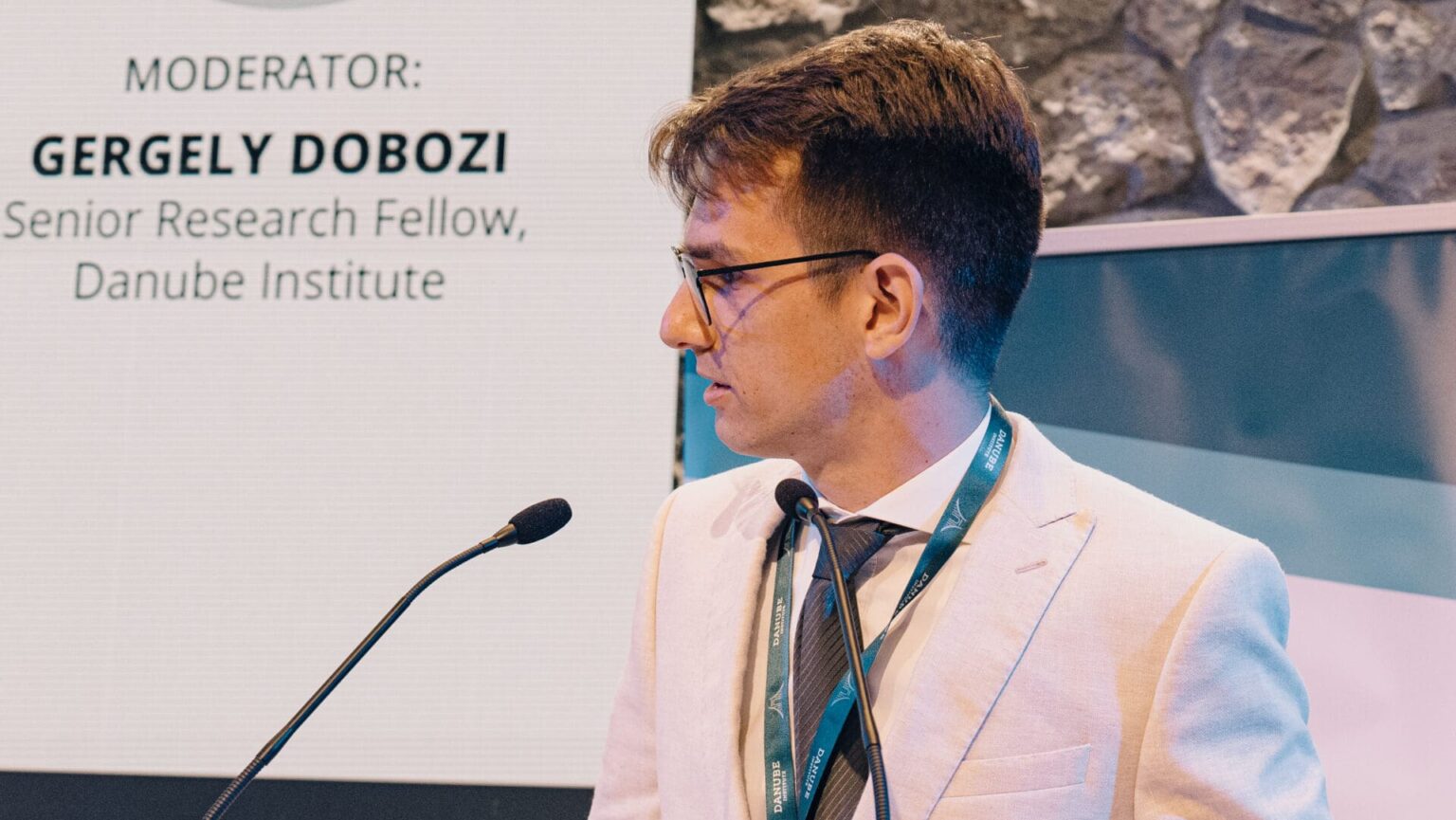
‘The rule of law’s conceptional imperfection makes it a perfect weapon, horribile dictu, a substantive lawfare.’
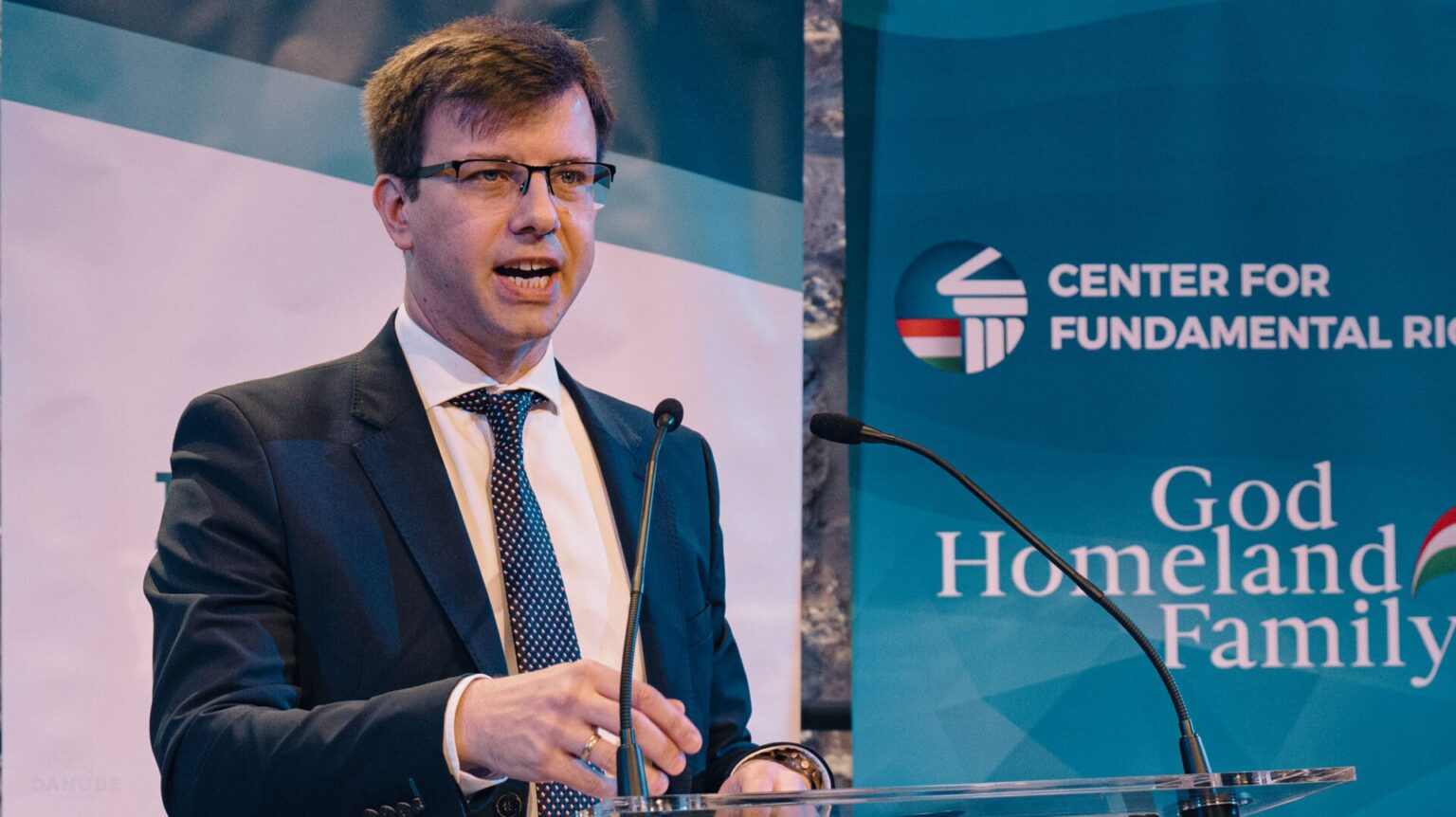
‘I firmly believe the EU is in dire need of a rule of law instrument but this instrument should be turned upside down. It should guarantee that the principle of rule of law developed and applied in Member States is similarly implemented in the activities of EU institutions.’
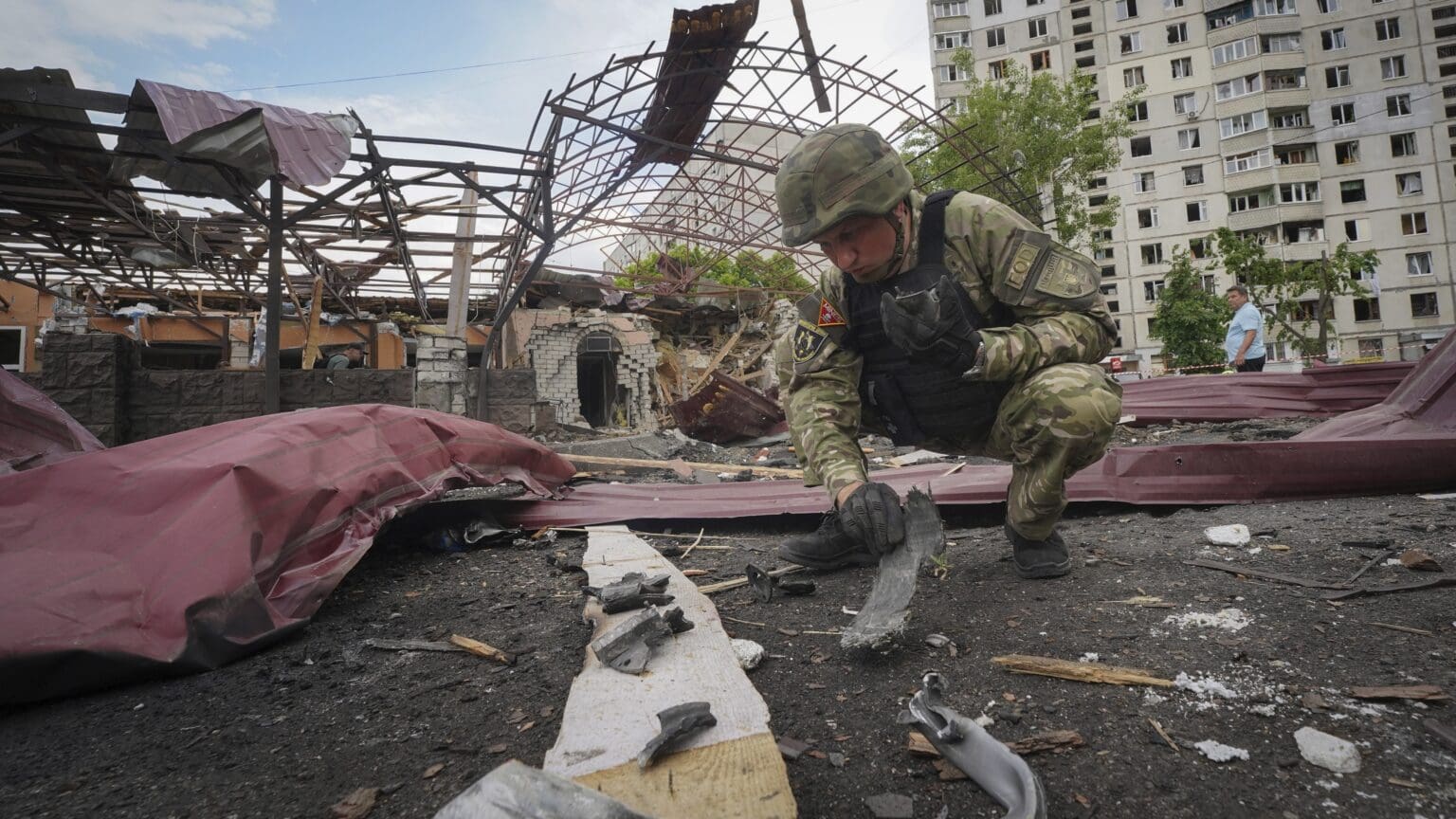
‘Trump’s presidency promises one certain development: a 180-degree turn; peace instead of war. President Trump’s attitude towards Europe is well known: he is tough on our continent and he does not want to pay for the defence of Europeans at the expense of the US taxpayer. Which brings us to why European leaders would want to send troops to Ukraine when all common sense says it is suicidal and senseless.’

‘The education system has complex social functions, and it may only fulfil its purpose if it sees the child as a whole person. Although its competences as a set of institutions are, and shall be, limited, teaching and education must be more than transmitting knowledge that certain groups of influence find important. With traditional communities having weakened in modern society, and plenty of new challenges continually arising, education should strive to pass on not only factual, but also abstract knowledge accumulated by our culture. The stakes are high; if education fails to accomplish this twofold task, we may face a rapid decline of our civilization.’
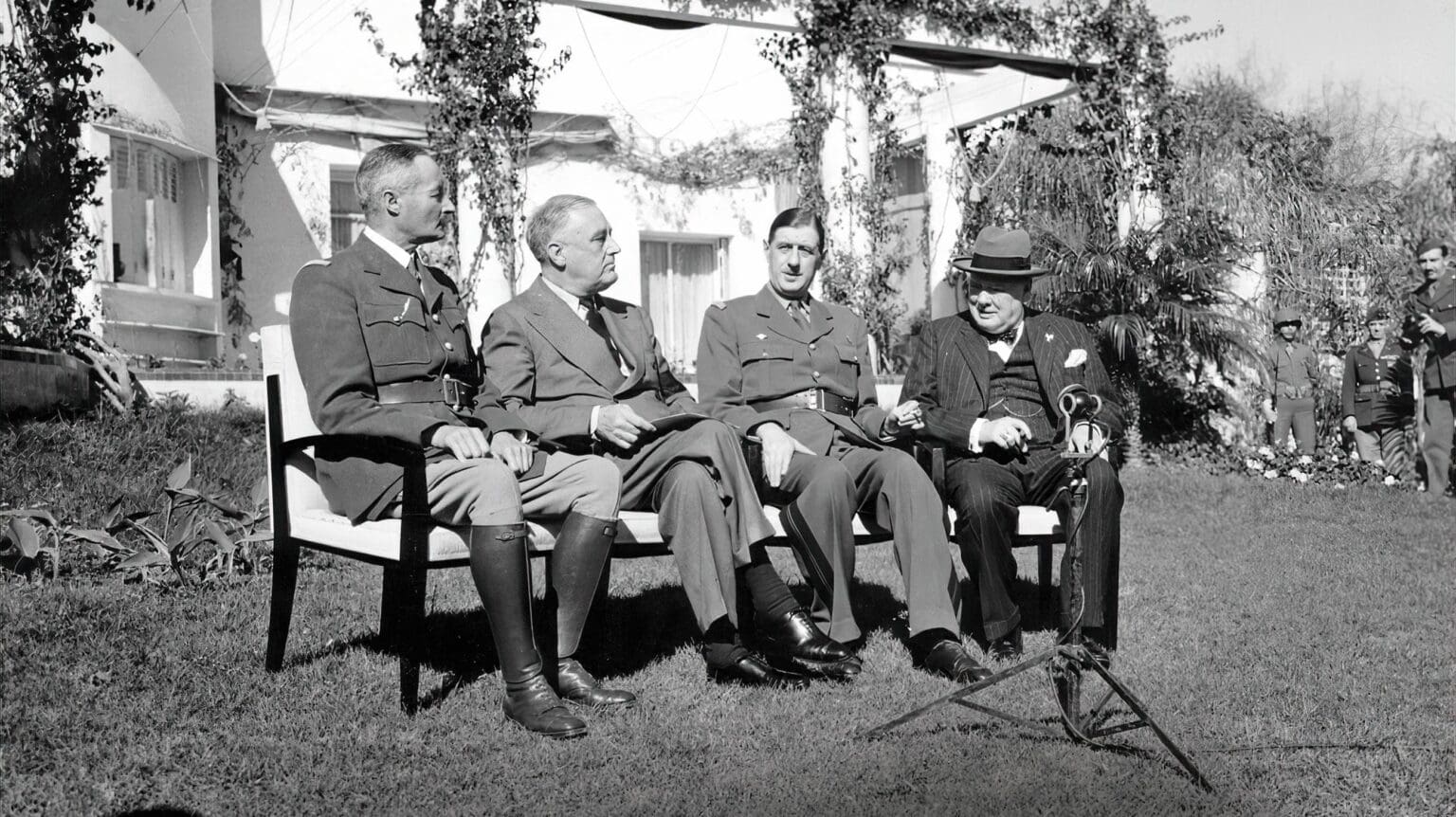
‘If we are looking for a more idealistic, right-wing conservative solution to the puzzle, we have to question the current form of the EU as it is. It may be appealing to the economic right, but it contains very little for the social right. This would mean either a radical restructuring of the EU to align towards more of these values or its reduction to a mere economic cooperation platform.’
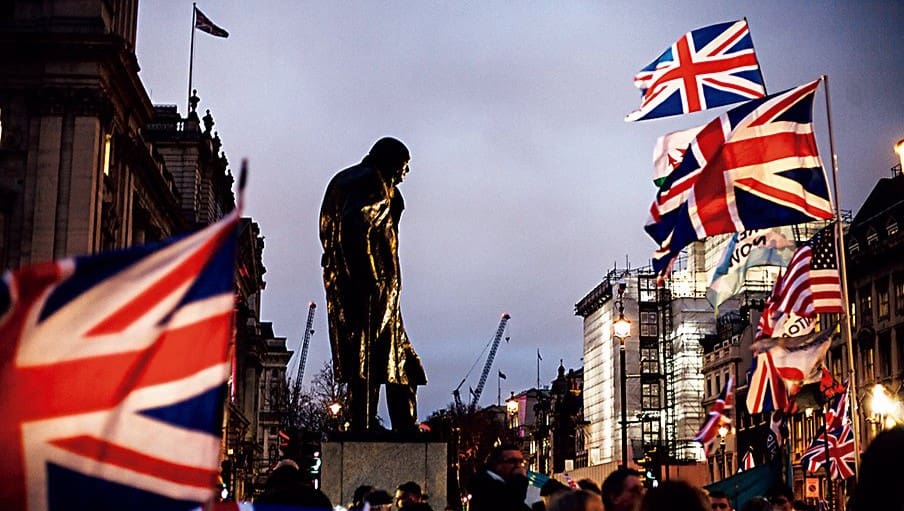
‘That Britain chose to join the EEC in 1975 was a tragedy. That it left the EU with the utmost incompetence in 2016 was a farce caused entirely by the Conservative Party’s inability to resolve the psychological trauma of three decades. In both instances, it is the British people who have suffered and they whose trust in politics to be a force for good has, as a consequence, been destroyed.’
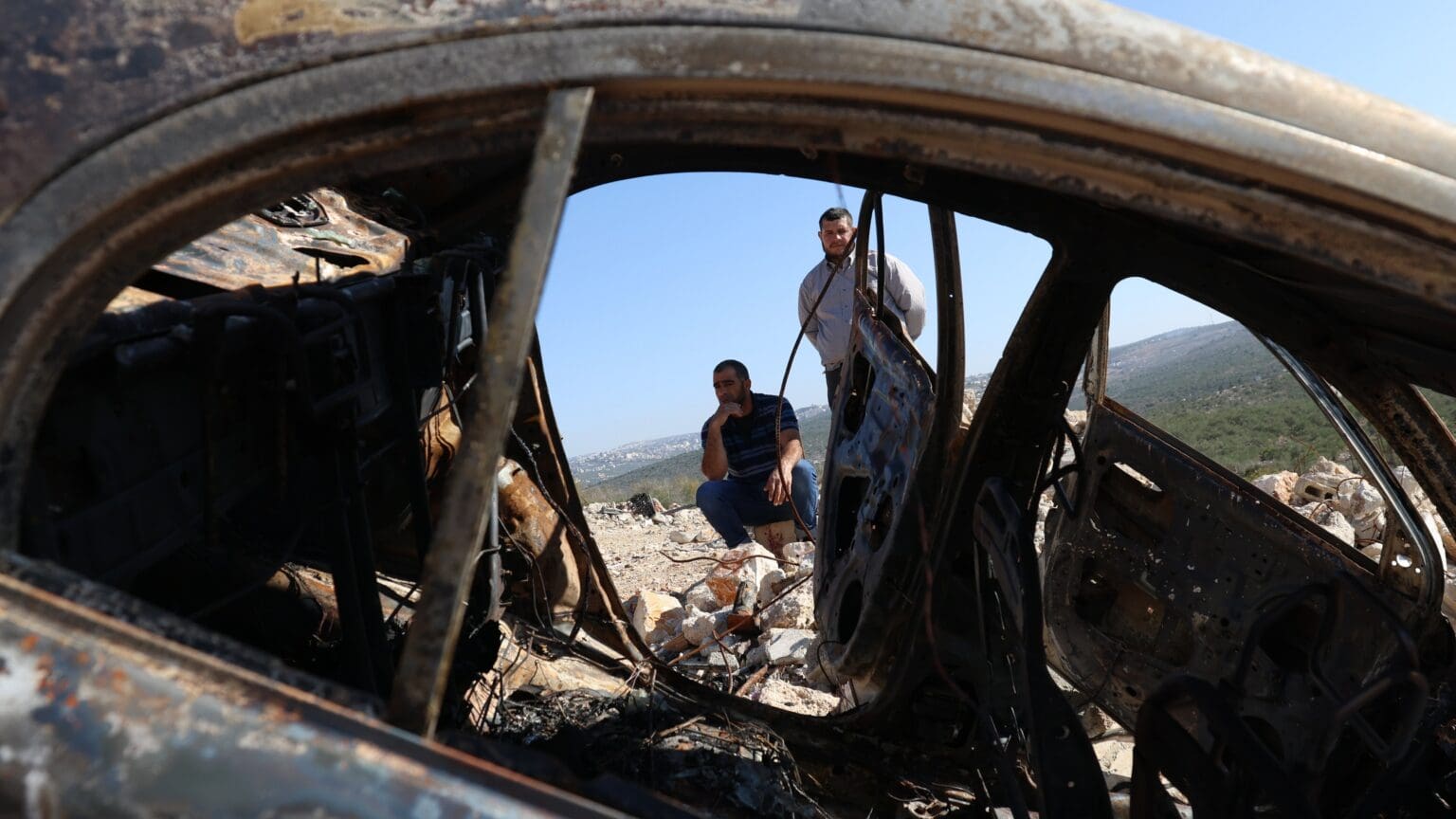
In truth, “the long arc of harassment, assault, and murder of Palestinians by Jewish settlers is twinned with a shadow history, one of silence, avoidance, and abetment by Israeli officials”, states The New York Times. This is not to downplay the terrorist threat against Israelis by Palestinian jihadists. However, interviews with more than one hundred people—current and former officers of the Israeli military, the National Israeli Police, and the Shin Bet domestic security service; high-ranking Israeli political officials, including four former prime ministers; Palestinian leaders and activists; Israeli human rights lawyers; American officials charged with supporting the Israeli-Palestinian partnership—there appears to be a long history of crime without punishment.’

‘The emerging multipolar, multicivilizational world still needs and will be grateful to have a strong, rational, reliable, and consistent Western civilization…But for that to happen, common sense will have to rule us, and we must consign postmodern liberalism and the Cult of Woke to the trash heap of history.’
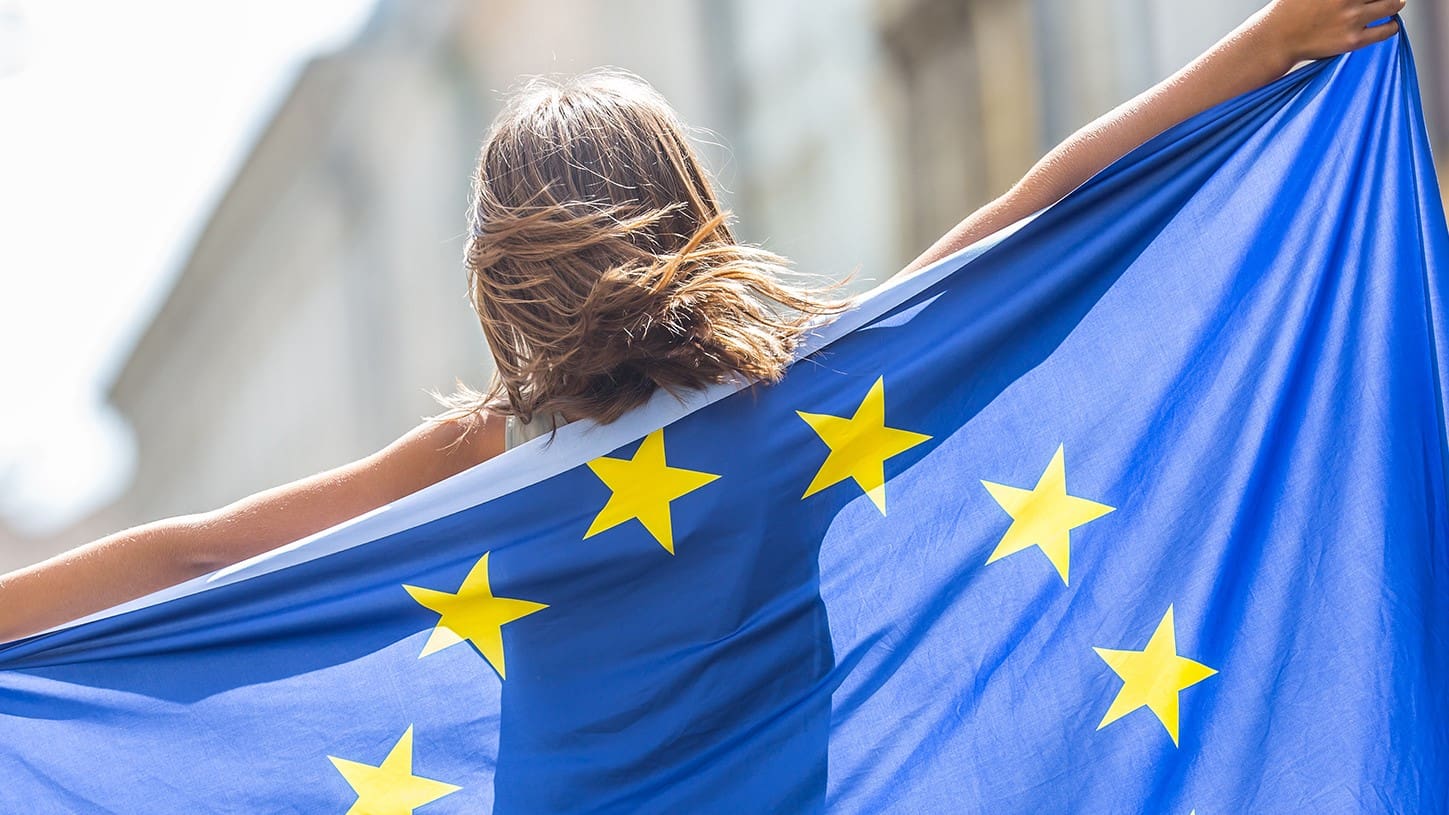
‘Conservatives are the only parties in Europe that are rising, and the left is afraid. We can be certain that a paradigm shift would wipe out many leftist politicians, and the elites that pay them clearly don’t want that to happen. They want obedient politicians who follow their agenda. On 9 June Conservatives have a mission: the reconquest of our sovereignty, the reconquest of our security, the reconquest of our economy and industry, the reconquest of our agriculture, the reconquest of our identity.’
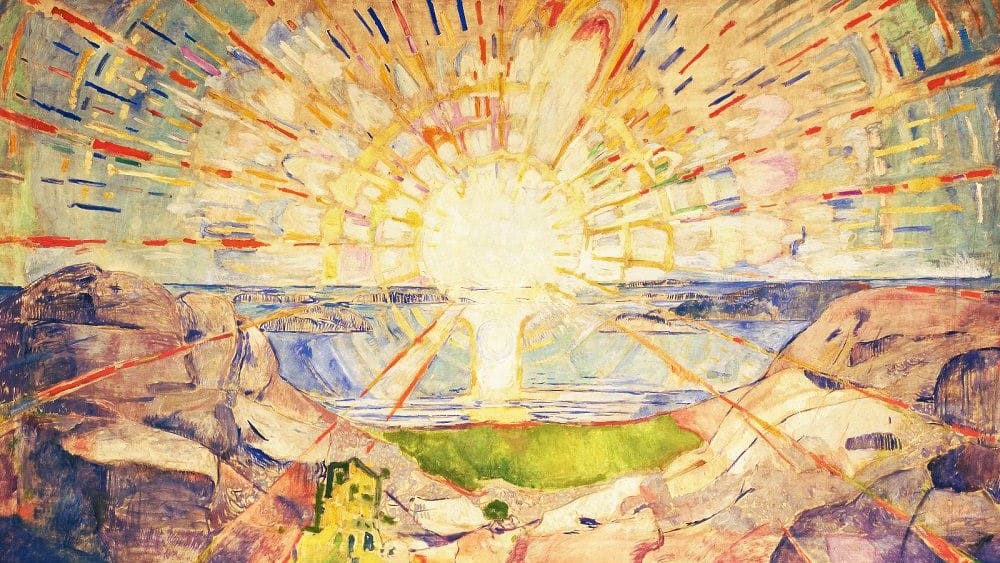
‘Besides the less remote Iberian Peninsula, the Center for Fundamental Rights now runs a dedicated operation aimed towards the oft-neglected south of the Western hemisphere, amounting to twenty-two countries, nine time zones, two languages—and countless parties, think tanks, civic groups, and allies spread from the borderland Rio Grande down to the Tierra del Fuego archipelago. This empire of actionable ideas will grow by persuasion rather than force, not as a sovereign entity but as a loose constellation of like-minded partners comparing notes on their parallel journeys to power.’

‘Throughout the West today…there is a mania for forgetting our civilizational past as an intolerable moral burden. Western elites regard migrants, sexual minorities, and other outsiders as bearers of ‘‘the richness of cultural diversity’’, but do not see the culturally diverse minorities already within Europe itself in the same way.’

‘The Internet, for all its premises as a beacon of knowledge, now resembles more of a digital information wasteland. It’s not that there aren’t well-written essays or long-form articles out there. It’s not as if one cannot find quality, deep content if one seeks it out. It’s just that we’re overwhelmed by the popcorn.’
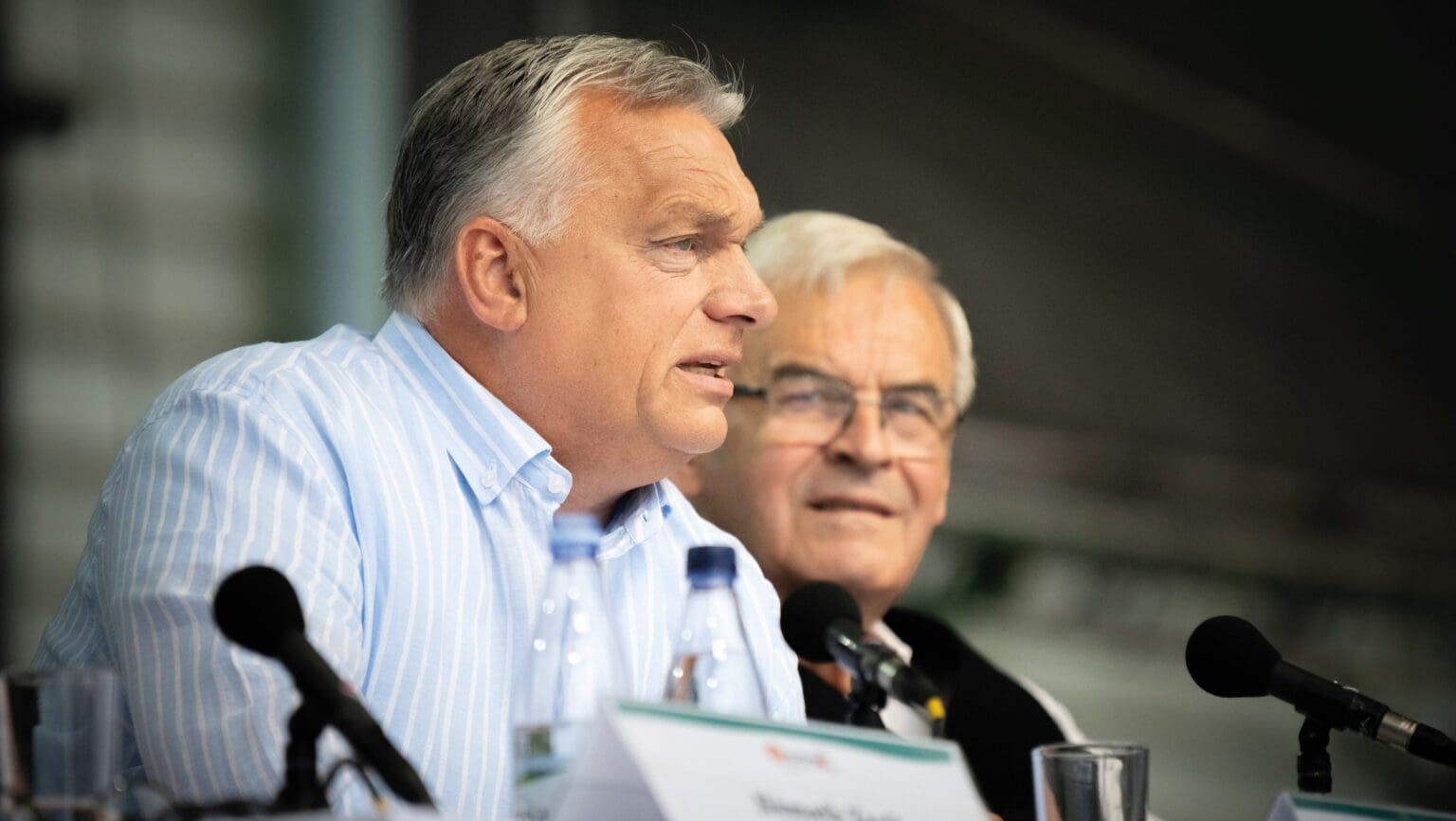
‘Hungary is set to take over the rotating EU Presidency in July 2024, a development that has provoked mixed feelings among certain political factions…Nonetheless, Hungary has proven to be a formidable participant in these disputes, fully aware of its rights within the EU legal framework and prepared to advocate for them vigorously.’
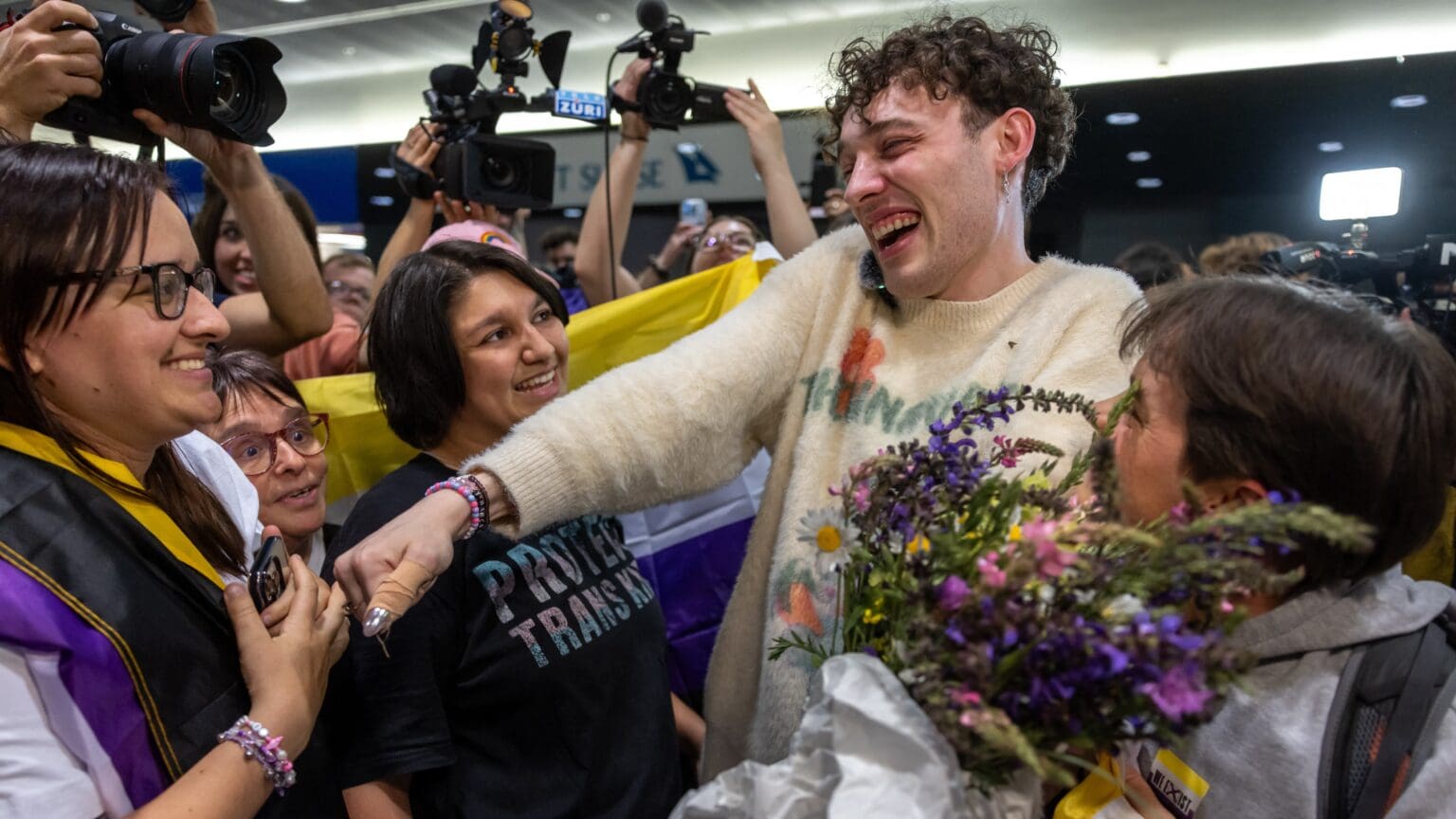
‘It is clear that the Eurovision has become a battleground for the debate over gender identity and the boundaries of acceptability in the public sphere. Today, it seems, nothing is off-limits, and performers are encouraged to push the boundaries of what is considered socially acceptable. This anything-goes mentality has led to a competition where the weird and the wacky reign supreme, and where acts that would have been unthinkable in the past are now celebrated and applauded.’
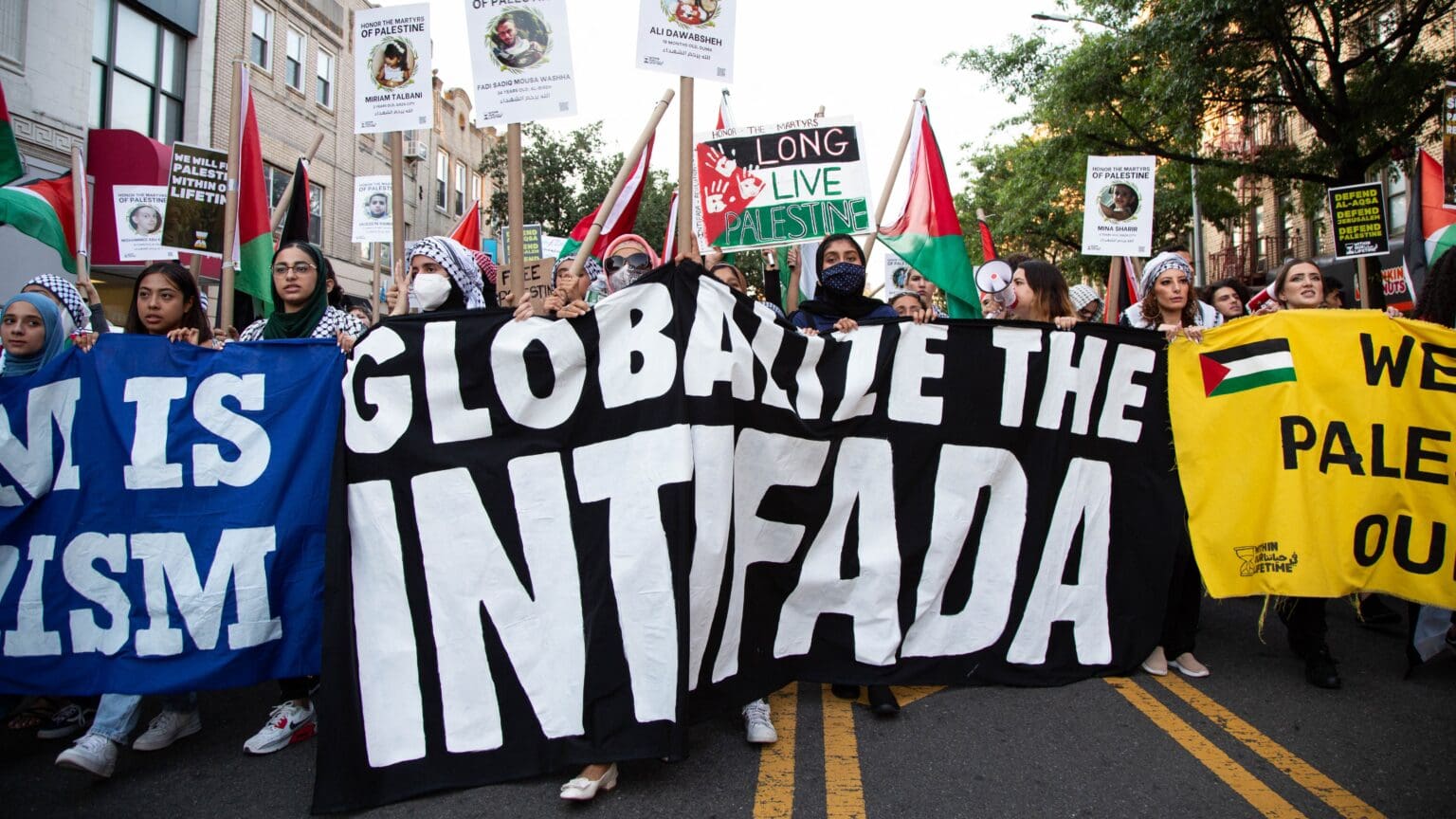
‘The progressive side has created a “Jewish question”. The left has discovered the concept of race, merged it with other dimensions of oppression (class, gender), and now they have made the Jews into a new oppressive caste alongside Christian Protestants. After 1967 they focused only on “Zionists” and “Israelis”; now the Jews of the diaspora are the opponents. They don’t even hide their intentions, attacking synagogues, looking for “enemies” who “look Jewish” in the classrooms and in the corridors. The attacks have nothing to do with Israel: they are intended to intimidate the Jewish American community.’
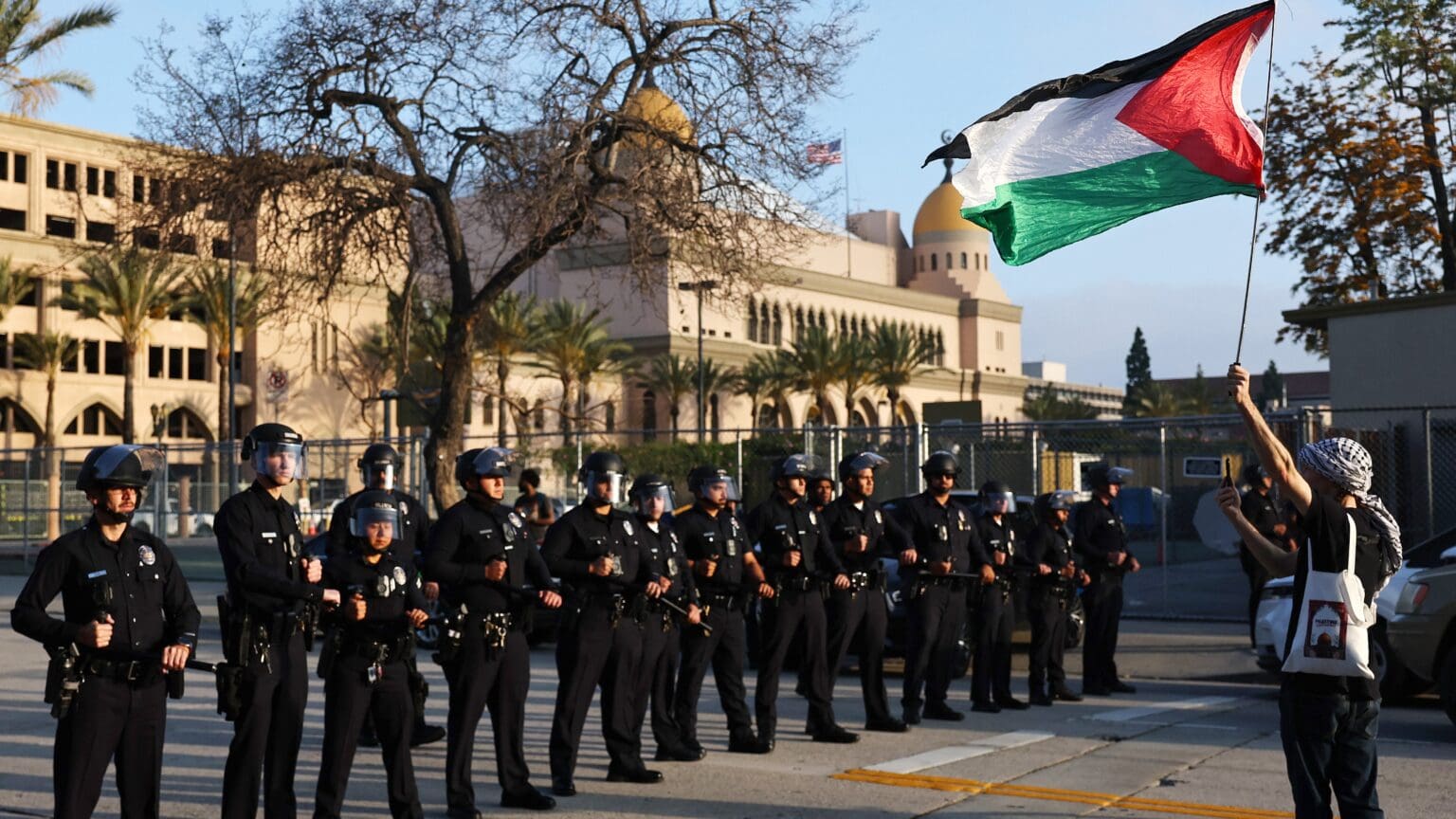
‘It is ironic…that the protesters, while having legitimate positions, have remained altogether silent on the atrocities committed by Hamas, to say nothing of their main sponsor, the Islamic Republic of Iran. In truth, ever since an estimated 750,000 Palestinians lost their homes amidst the creation of the State of Israel 1948, there have been American Jews deeply unsettled by Israeli policies toward both the Palestinian refugees and Arabs living under Israeli rule. These critics of old into the American Jewish establishment, such as leaders and staff members of the American Jewish Committee.’
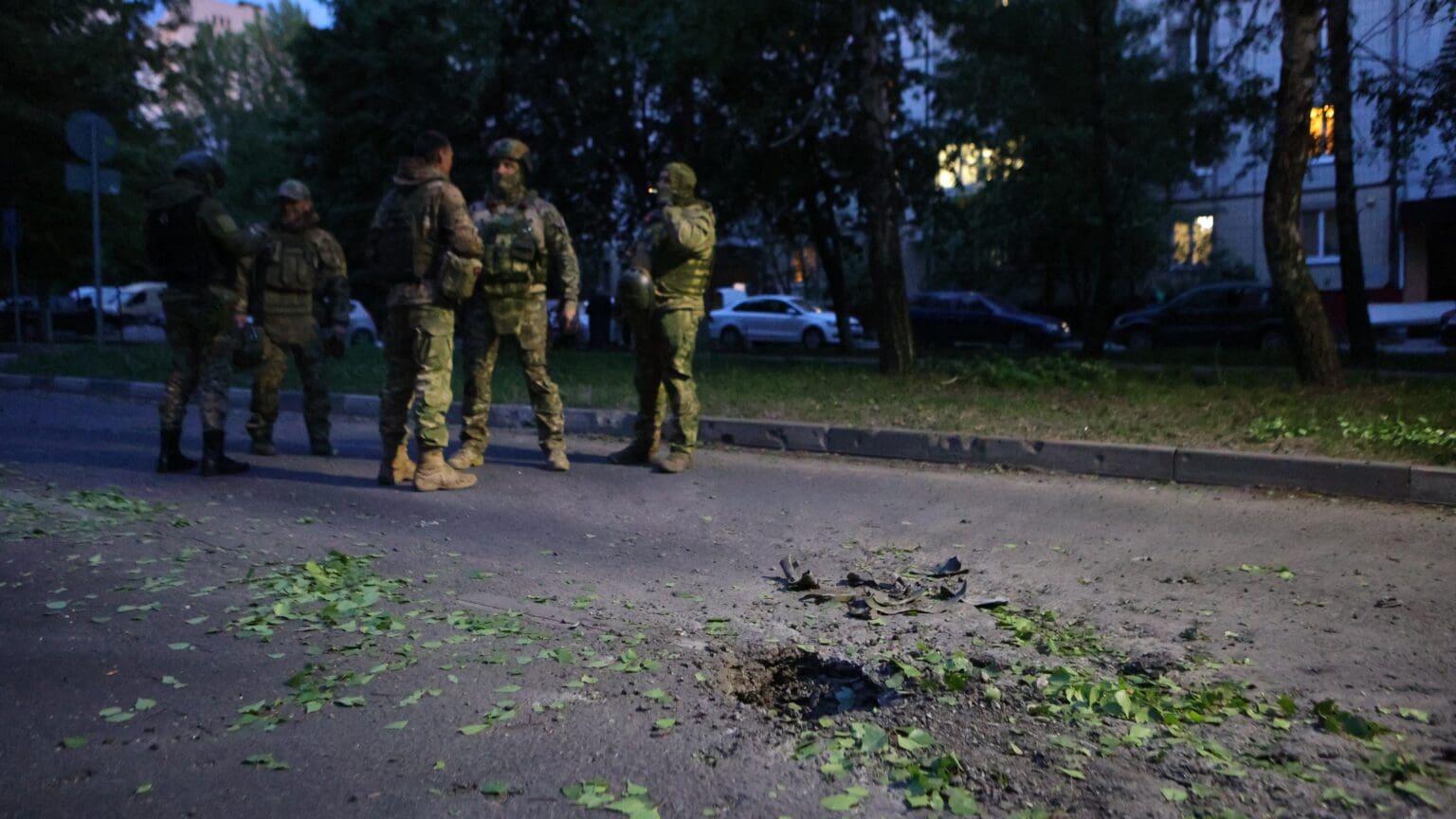
‘The vestiges of Cold War thinking continue to linger on, with the fear of a hypothetical Russia–West conflict escalating into a war that ends civilization imprinted on our minds so much that it has never actually gone away. Nevertheless, it must be recognized that Russia has lost much of its power compared to its Communist era strength and would struggle if it wanted to fight against the West. To be precise, barring the suicidal option of launching a nuclear holocaust and burning everyone, including itself, to smouldering ashes, Russia is not even economically competitive enough to master sufficient military power to achieve superiority in brute force over Ukraine, not to mention having the strength to go on and attack any NATO country.’
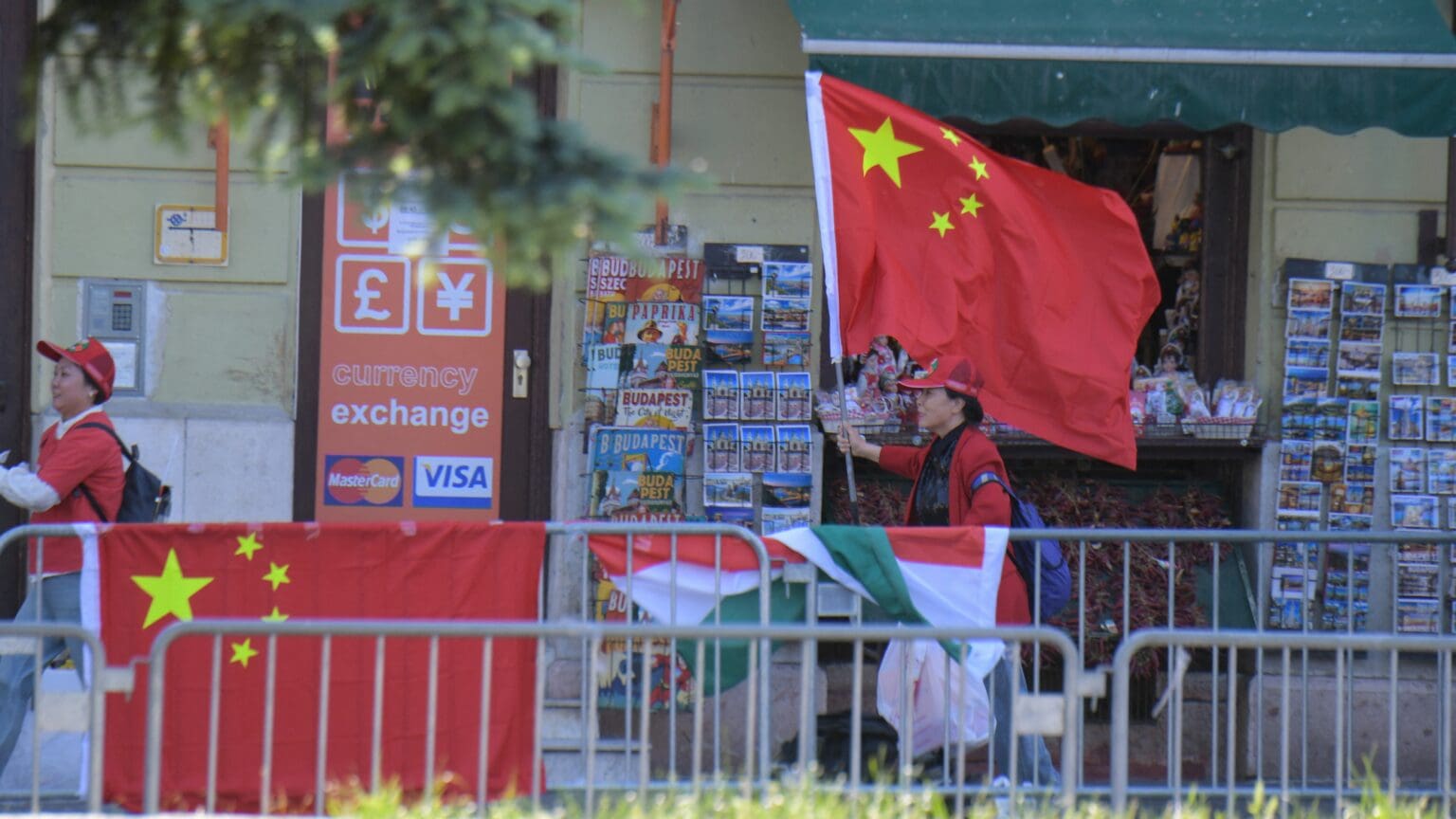
‘Hungary insists on following its own path: it stands up for its sovereignty, it defends families, its borders, and its economy. At the same time, it is open to the world, and wants to engage with all players around the globe, which includes skilfully attracting investments from the East, including Asia. But it does not want to lecture other countries; it does not want to be on bad terms with other countries, and it does not want to get into ideological debates. It wants growth, it wants security, and it wants peace.’

‘In facing the end of affordable chocolate, we encounter a microcosm of the broader challenges of living sustainably in a finite world. The path forward demands not only technological innovation and policy reform but also a cultural shift in how we value and consume the earth’s resources. The luxury of chocolate, once taken for granted, could become a conscious choice, a deliberate act that reflects our commitment to a more equitable and sustainable world.’

‘Horrible wars are going on right at this moment in the world, and no one in the West seems to care that much. Why does something happening in the Middle East make such repercussions and make emotions run this high in Western universities? What is the ‘secret appeal’ of taking the side of the Palestinians in the Israel–Hamas war that inspired so many students in Ivy League schools to go out and protest in the way they did? May it be the case that it is the schools themselves that generate false narratives of the history behind this conflict to manipulate students into an inevitable conclusion?’
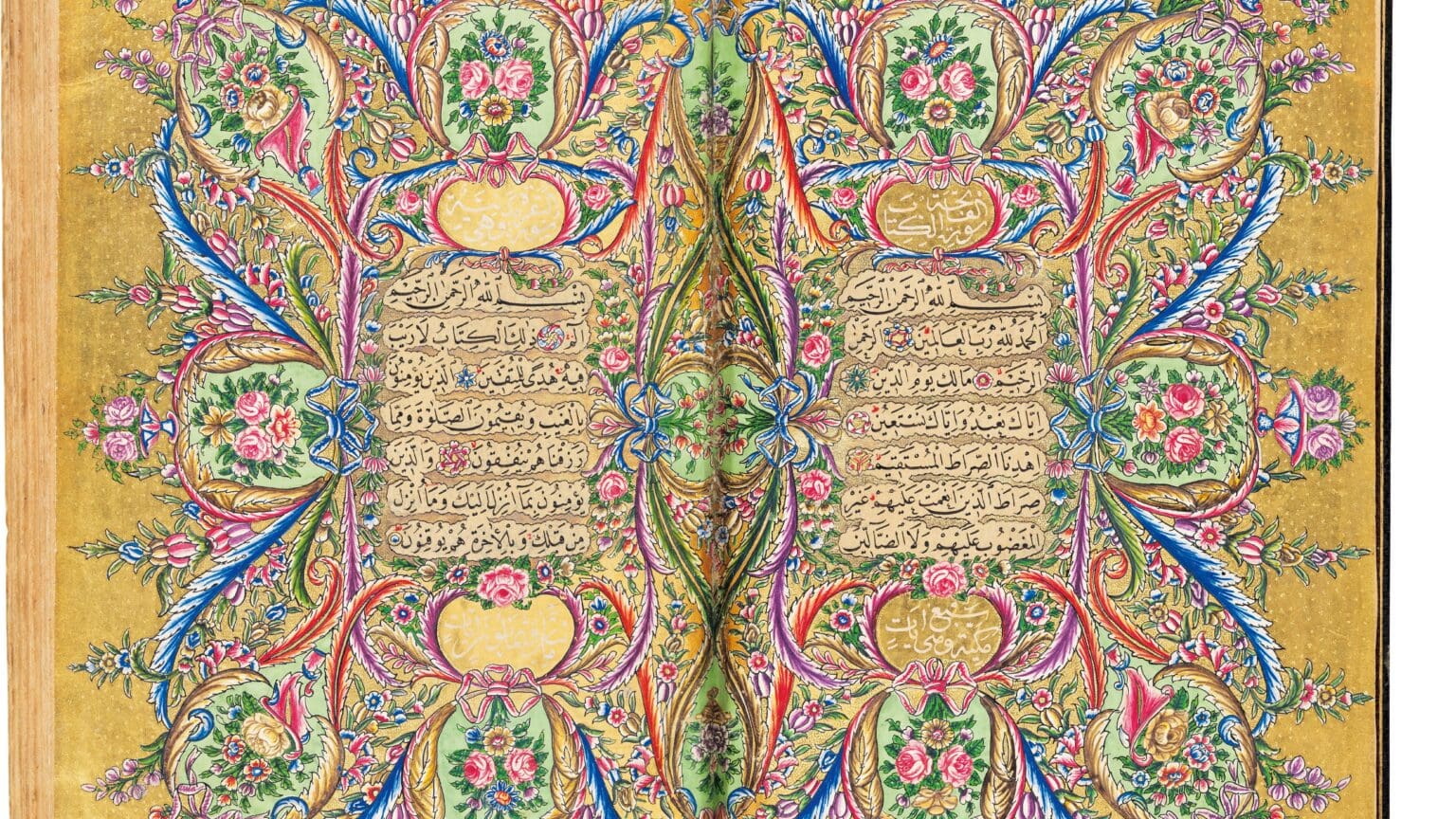
‘One can then argue that the so-called Muslim fundamentalists wrongly justify their acts of violence. All this being said, there is confusion as to who speaks for Islam and how Islamic law (the sharia) is to be employed, especially in light of the Sunni-Shi’ite division. Nevertheless, the manner in which both physical and cultural jihadists invoke their legal tenets in order to justify their jihad leads one to confirm that their indiscriminate acts are sanctioned by the Islamic texts.’
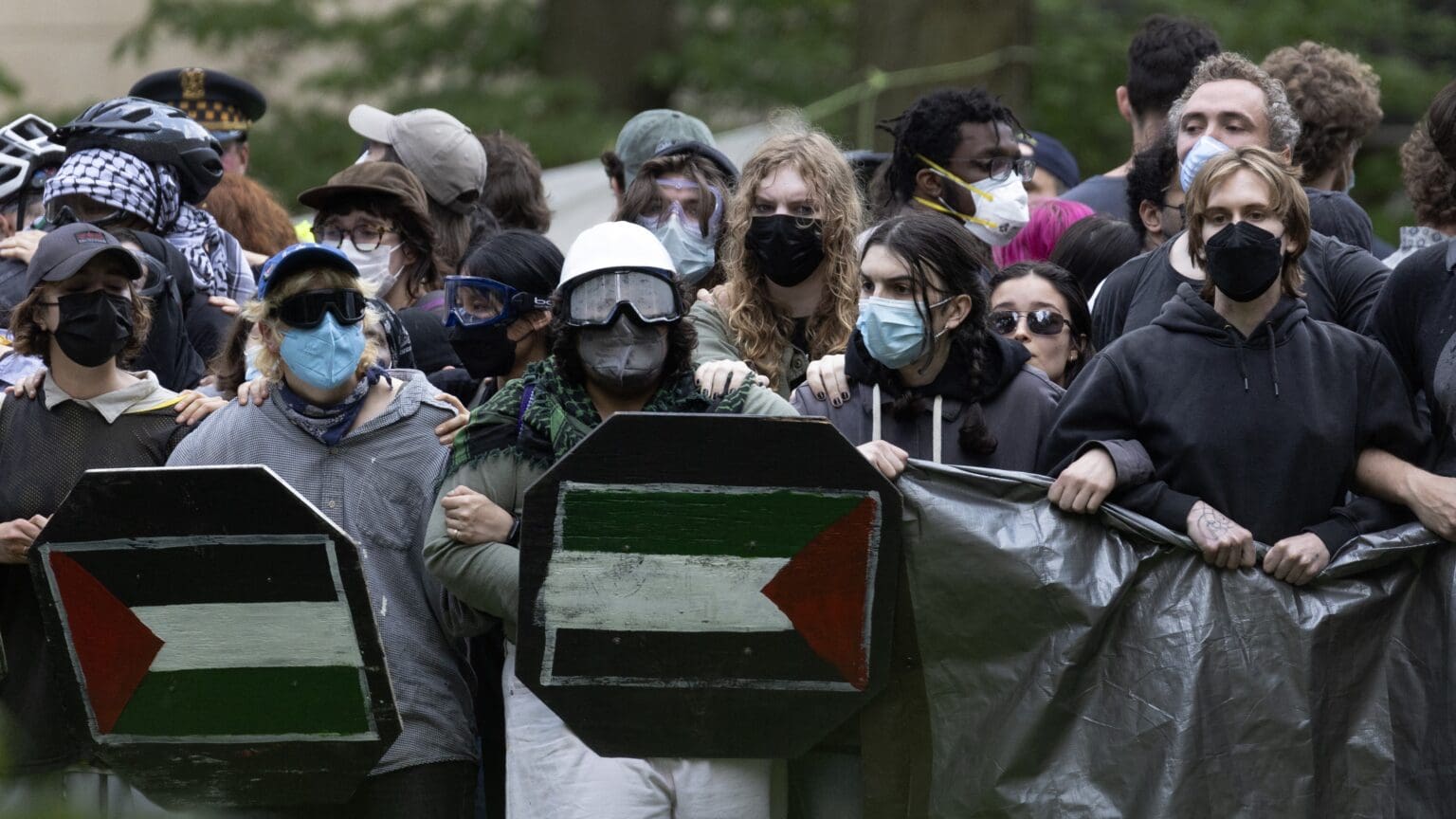
While the intensity of the widespread protests across the country obviously varies from university to university, students seem to have come a long way from peacefully expressing solidarity with Palestinian civilians and opposition to the war. The slogans accusing Israel of genocide, calling for a free Palestine and relativising Hamas’ atrocities are only the mildest versions of the chants repeated by the students. According to a Jewish-American student at Columbia University, he has heard chants on campus in recent weeks such as “Burn Tel Aviv to the ground’; “Globalize the Intifada”; “We are Hamas”; “October 7 will happen again and again”, and “Go back to Poland”.
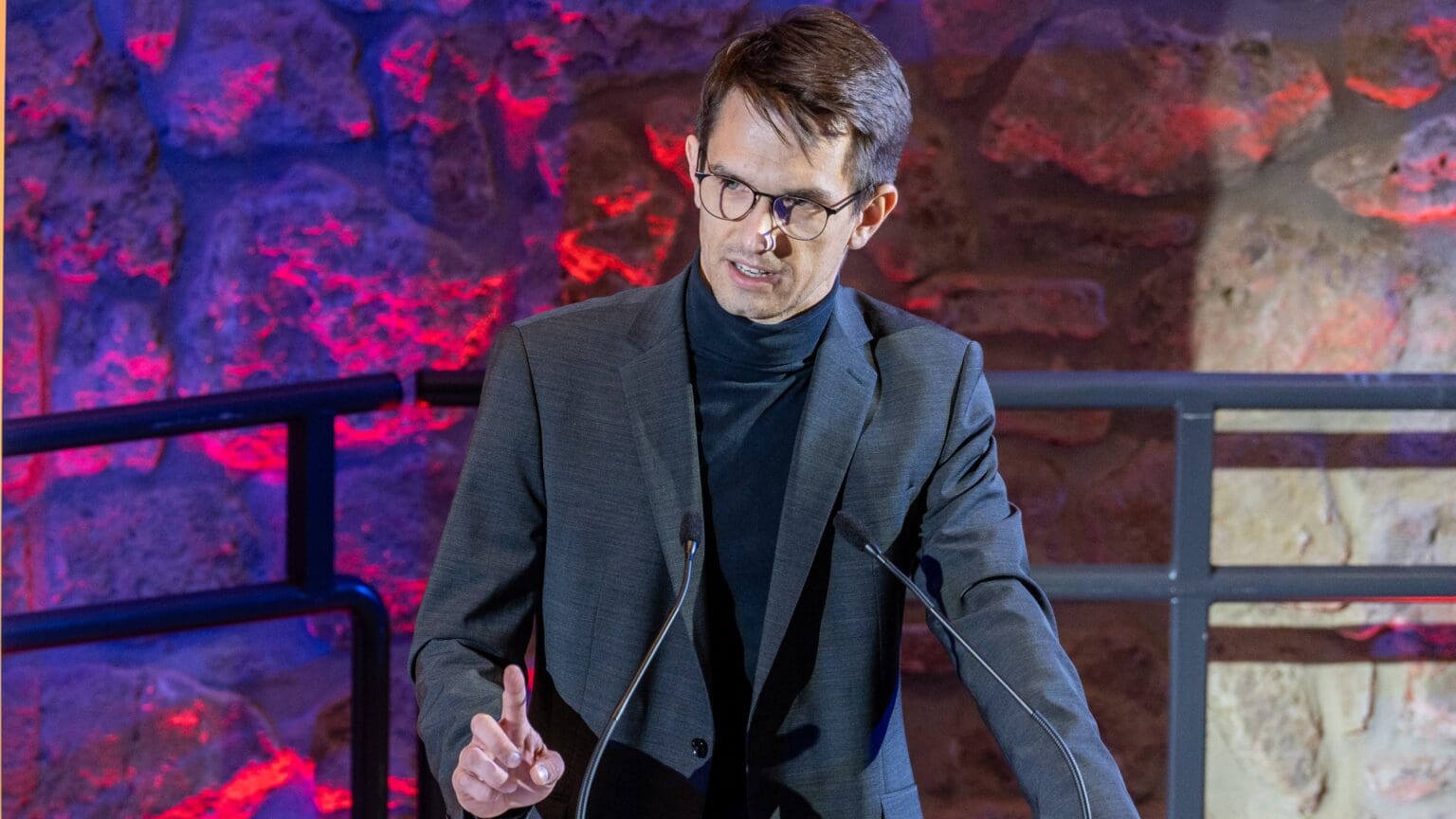
‘My young friends, our responsibility is immense. We are the last generation that could rely solely on our parents to differentiate between right and wrong. Yet, we are also fully immersed in the technological advancements of the 21st century. We have an opportunity to globalize conservatism.’
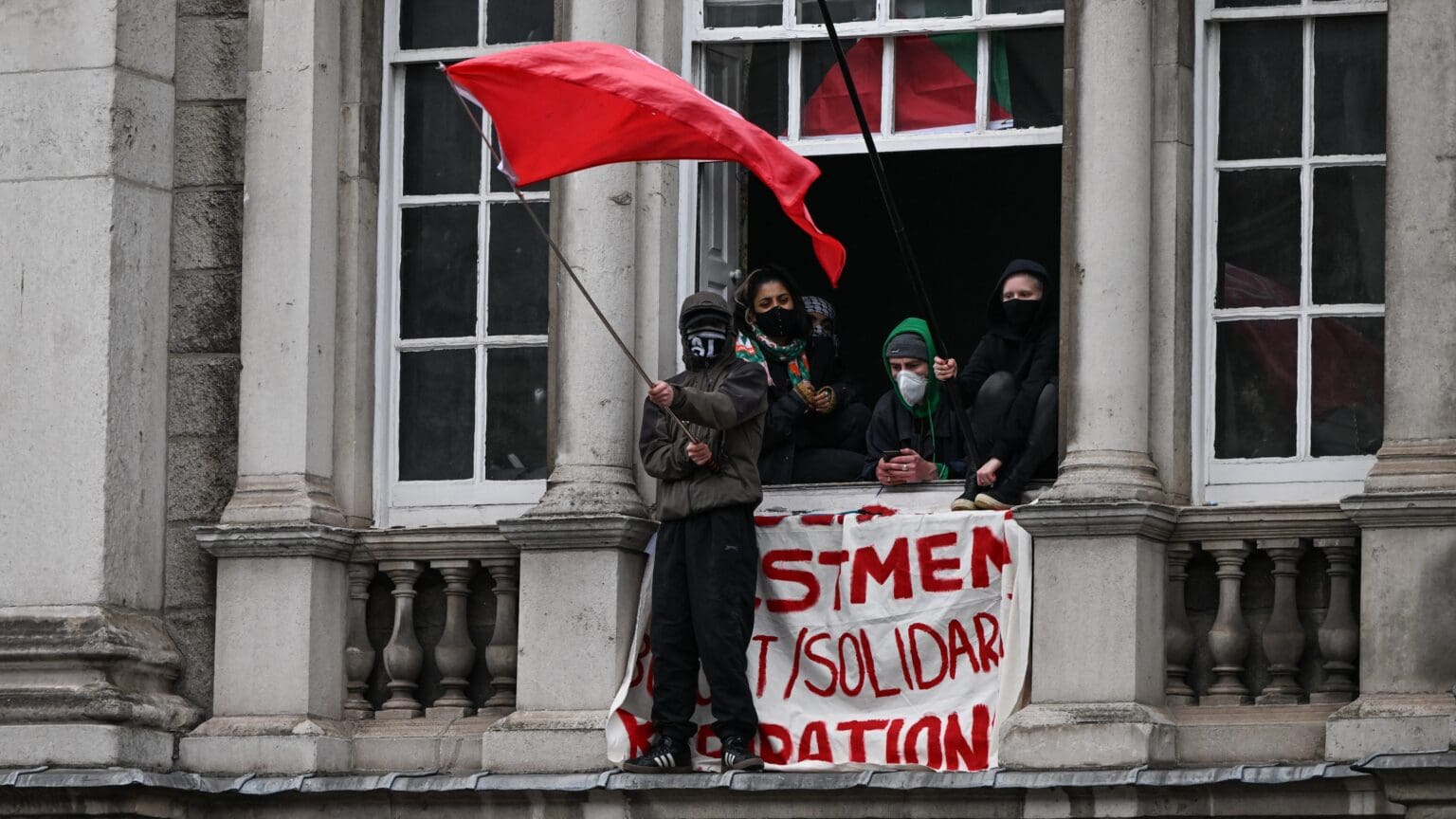
‘It’s hard not to think of another Hungarian who was a radical back in his student days: Viktor Orbán, who took on the existing Communist power structure. In fact, the two Hungarian political activists who began as student radicals—Orbán and Molnárfi—uncannily represent rival futures for Europe. With European elections approaching in June, the two make quite the symbolic pair.’

‘It was thought that the BRI, aside enhancing China’s geo-political clout, would have not just boosted trade and growth, it would have also created sustainable development and social stability in the countries involved. On the contrary, the social impact of large infrastructure projects were are often implemented through human rights violations.’
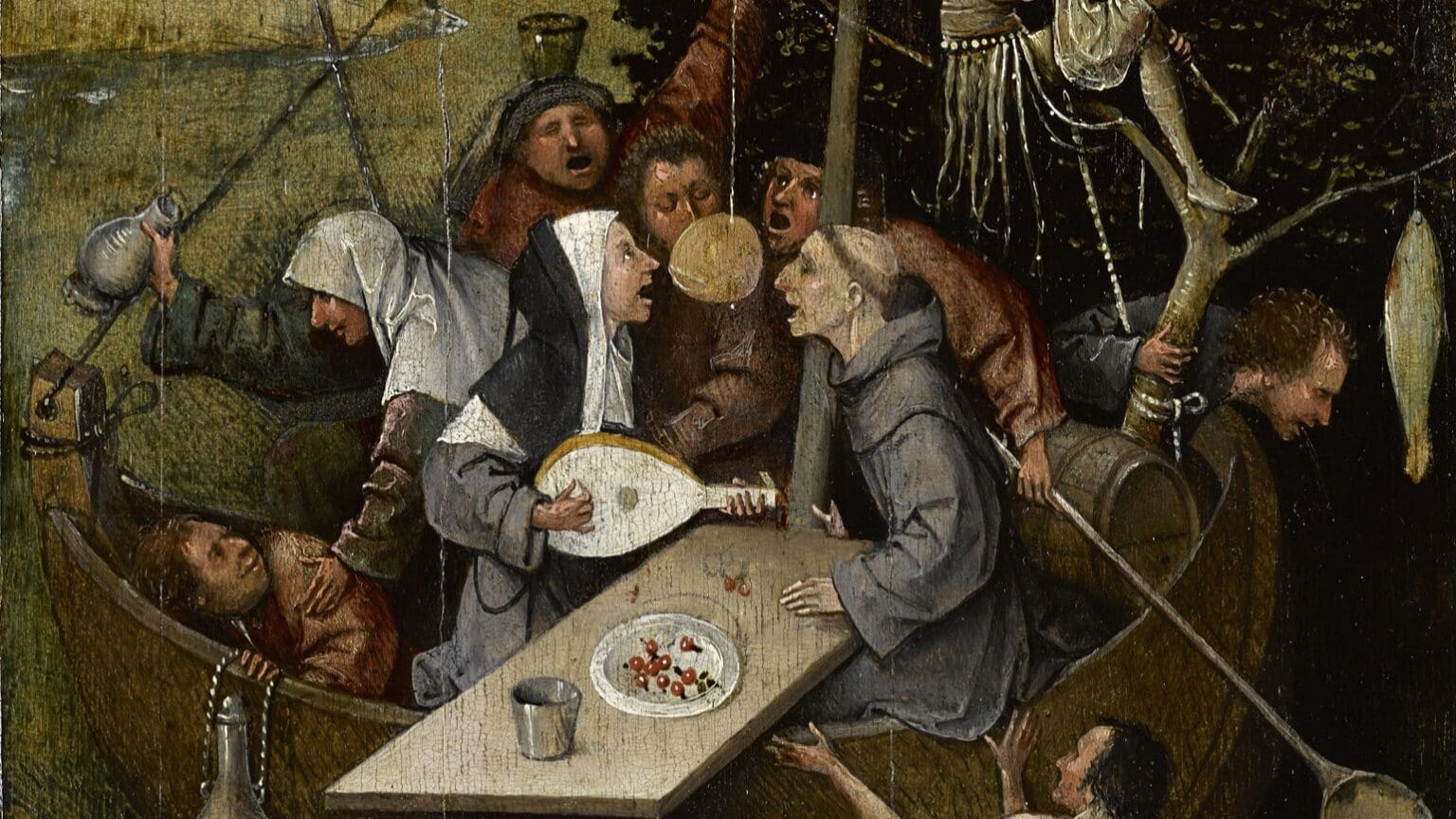
‘Our continent is effectively under siege—we can see that if we are willing to move away from the narratives that interpret migration solely as a ‘refugee issue’ and acknowledge that mass migration can also be a tool for terrorism and destabilization. The number of irregular migrants arriving in the Canary Islands more than tripled in January this year compared to the previous year. Germany is overwhelmed. Reception capacity was already exceeded in 2023, when 330,000 asylum applications were submitted in just a year, mostly from Muslim countries.’